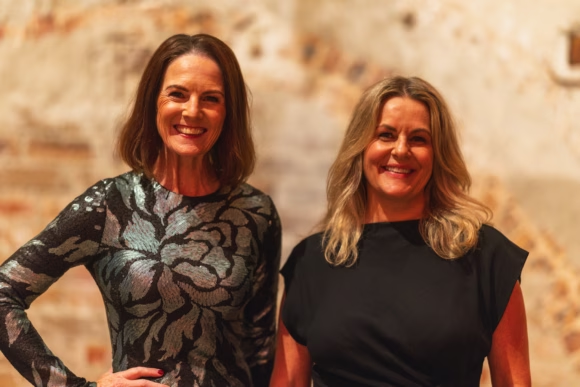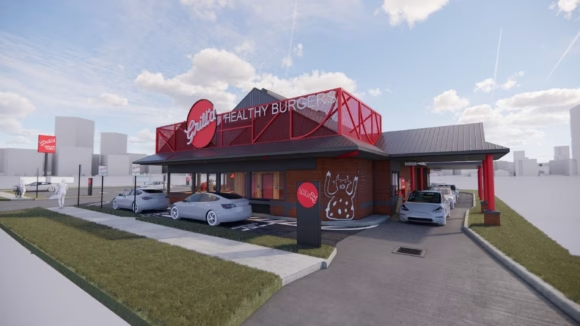Across Australia’s hospitality industry, operators are under increasing pressure to do more with less. Whether managing multi-site venues, overseeing franchise networks, or leading large restaurant groups, decision-makers are balancing rising costs, workforce challenges, and the constant demand for seamless guest experiences.
But behind the scenes, one of the biggest drains on time and profitability often happens far from the front of house: slow cash flow and clunky payment reconciliation.
Research commissioned by Adyen reveals just how widespread the problem has become.
More than eight in 10 food and beverage businesses (82%) say payment reconciliation is their biggest frustration, while 80% report that delayed payments directly affect daily operations.
On average, hospitality businesses lose six hours a week to accounting and reconciliation – time that could be better spent on strategy, service, and innovation.
The hidden cost of slow systems
For many operators, the issue isn’t a lack of effort; it’s a lack of integration. Even the most sophisticated businesses often rely on a patchwork of systems to manage orders, process payments, oversee bookings, and coordinate supply chains.
Each platform collects valuable data, but when these systems don’t connect, the result is duplicated work and limited visibility across the business.
More than half (57%) of hospitality organisations say they juggle multiple software platforms just to reconcile payments each week. That fragmentation doesn’t just waste time; it makes it harder to manage supplier relationships, forecast accurately, or make timely decisions that protect margins.
Turning payments into productivity
The good news is that payments no longer need to be a back-office bottleneck.
Integrated payment technology is helping hospitality businesses automatically match transactions, bookings, and payouts across every channel. With a single view of revenue and reconciliation handled automatically, finance and operations teams can close out faster and redirect resources to where they matter most – enhancing the guest experience.
When payment, booking, and point-of-sales (POS) systems are connected, reconciliation becomes instant. Teams no longer need to manually match deposits to sales or chase data from third-party delivery partners. The result is faster cash flow, fewer errors, and better financial visibility across venues and regions.
Building resilience through integration
Seamless payments aren’t just about convenience – they’re now a cornerstone of financial resilience and strategic agility. In a sector where margins are tight and consumer expectations are high, real-time insight into transactions helps operators anticipate challenges, optimise cash flow, and scale efficiently.
For technology providers serving the hospitality industry, this presents a powerful opportunity. Platforms that embed integrated payment capabilities – from POS and booking systems to loyalty and inventory management – are helping operators work smarter, not harder. The less time teams spend reconciling, the more they can focus on performance, experience, and growth.
As Australia’s hospitality industry continues to evolve, efficiency and visibility will be the foundations of resilience. By simplifying payments and automating reconciliation, operators can reclaim valuable hours, empower their teams, and build the financial agility needed to thrive in a highly competitive, ever-changing market.
Hayley Fisher is the Country Manager, Australia & New Zealand, for Adyen.







